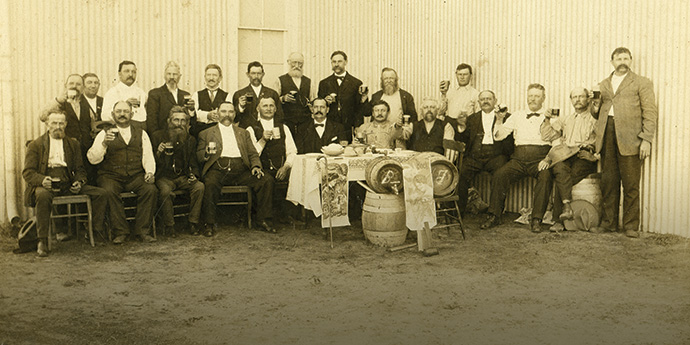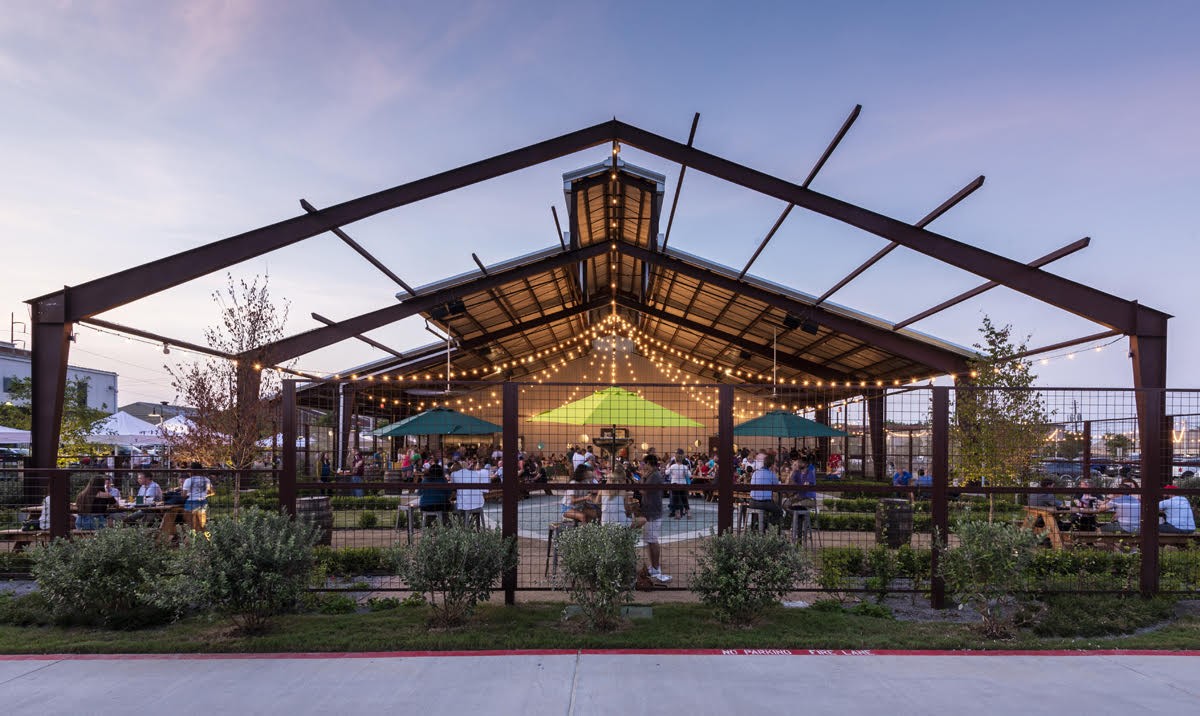History of Beer in Texas
Texas has a rich and storied history of beer brewing. From the first settlers who brewed their own beer to the craft brewery pioneers of today, the Lone Star State has long been a hub for the production of high-quality, flavorful beers. In this article, we will explore the history of beer in Texas, from its early beginnings to its current status as a thriving craft beer destination. We will take a look at the pioneers who helped to shape the industry, the challenges they faced, and the innovations they brought to the world of beer. Whether you're a long-time fan of Texas beer or are just learning about the state's rich brewing history, this article will provide a fascinating look at one of the state's most important industries.
The Early History of Beer in Texas
The history of beer in Texas dates back to the earliest days of human settlement in the region. Indigenous tribes in Texas, such as the Caddo, Coahuiltecan, and Karankawa, brewed and consumed a variety of fermented beverages made from local plants and grains. When European settlers arrived in the 16th century, they brought with them the knowledge and techniques of brewing beer, which quickly became an integral part of the state's culture and economy.

In the early days of European settlement, Texas was a part of New Spain, and beer was primarily brewed by Spanish missionaries. These early beers were made using local ingredients, such as corn and mesquite beans, and were often flavored with herbs and spices. As the number of settlers in Texas grew, so did the demand for beer, and commercial breweries began to spring up in cities and towns throughout the region.
The Rise of Commercial Breweries in Texas
One of the first commercial breweries in Texas was established in San Antonio in 1884. Known as the Lone Star Brewery, it quickly became a popular destination for locals and travelers alike. In the surrounding years, many other breweries opened in Texas, including the Pearl Brewery in 1883 and the Shiner Brewery (called Spoetzl) in 1909. These breweries played a significant role in the growth and development of the state's economy, providing jobs and contributing to the local tax base.

Samples of Spoetzl beer being tasted by residents of Shiner, Texas
As the 20th century began, the Texas beer industry faced new challenges. The rise of national and international breweries, along with the introduction of Prohibition in 1919, posed a threat to the state's small, independent breweries. Despite these challenges, some Texas breweries managed to survive and even thrive, thanks in part to the state's strong German and Czech heritage. The Shiner Brewery, for example, continued to operate during Prohibition by producing "near beer" with a low alcohol content.
The Revival of the Texas Beer Industry
After Prohibition was repealed in 1933, the Texas beer industry began to recover. The Lone Star Brewery, which had closed during Prohibition, reopened and resumed production. Other breweries, such as the Pearl Brewery, also reopened and expanded their operations. By the 1950s, the Texas beer industry was once again thriving, with many breweries producing a wide range of beers for local and regional markets.

Texas beer distributor trucks after Prohibition ended in 1934
In recent decades, the Texas beer industry has undergone a major transformation with the rise of the craft beer movement. This movement, which began in the 1980s and 1990s, emphasized the production of high-quality, small-batch beers using traditional brewing methods and locally-sourced ingredients.
Craft Beer Pioneers in Texas
Texas has been home to many craft brewery pioneers over the years. These brewers have helped to shape the state's thriving craft beer scene and have brought a wide variety of delicious, high-quality brews to the market. Some of the early craft brewery pioneers in Texas include Saint Arnold Brewing Company (founded in 1994), Real Ale Brewing Company (1996), Live Oak Brewing Company (1997), and Independence Brewing (2004). These pioneering breweries, and many others like them, have helped to elevate the craft beer scene in Texas and have made the state a destination for beer lovers from around the world.

Saint Arnold was a craft brewing pioneer in Texas
The Continued Success of the Texas Craft Beer Industry
Texas is now home to over 350 craft breweries, and the state is widely recognized as a leader in the craft beer industry. These breweries produce a wide range of beer styles, from traditional lagers and ales to more innovative and experimental brews. The state's craft breweries are known for their commitment to quality and tradition, and they continue to play a vital role in the growth and evolution of the Texas beer scene.
One of the key factors in the success of the craft beer movement in Texas is the state's rich tradition of beer-making. The state's German and Czech heritage, in particular, has influenced the development of a wide variety of unique and flavorful craft beers. From traditional German-style lagers and spicy Czech-style pilsners, to the latest pastry stouts or Hazy IPA craze, Texas craft breweries offer a wide range of beer styles to suit every taste.
Additionally, the state's German and Czech heritage is celebrated through events like Oktoberfest — which is held annually in many parts of the state — and Wurstfest, which both feature traditional German food, music, and of course, beer.

The Economic Impact of the Craft Beer Industry in Texas
In addition to its rich beer-making tradition, Texas has also benefited from a supportive regulatory environment for craft breweries. In 2013, the state passed legislation which made it easier for small breweries to produce and distribute their beers. This law, along with the state's favorable tax laws, has helped to create a thriving ecosystem for craft breweries in Texas.

The Texas Craft Brewers Guild raises a glass to the Texas beer industry
Today, the craft beer industry in Texas is a major contributor to the state's economy. According to the Texas Craft Brewers Guild, the industry directly employs over 30,000 people and generates more than $5 billion in economic activity each year. In addition to providing jobs and economic benefits, the craft beer industry in Texas also helps to keep local communities strong.
The Future of the Texas Beer Industry
Despite the challenges and obstacles that the Texas craft beer industry has faced over the years, it remains a vibrant and thriving part of the state's economy and culture. Whether you're a beer enthusiast or just someone who appreciates the taste of a well-crafted brew, there's no denying the important role that the craft beer industry plays in the history and identity of the Lone Star State.

